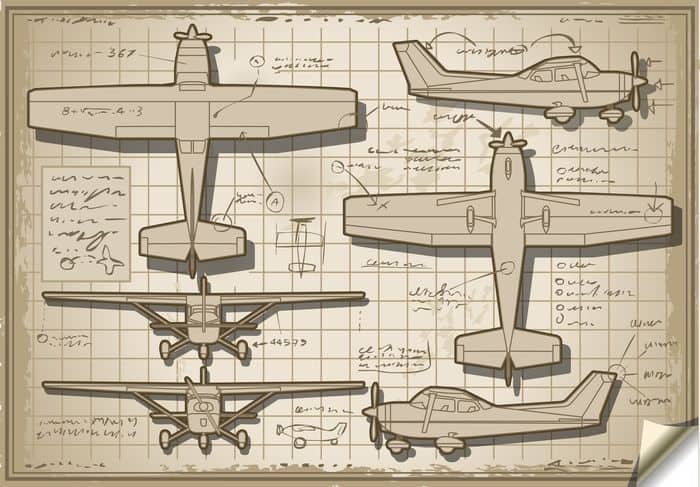Table of Contents
Problem: No centralised suppliers list
I have been in plenty of companies and government departments or organisations where each project manager uses different supplier or contractors for the same tasks.
Yet these project managers didn’t share with each other who was reliable and who was not, or which suppliers were well priced etc.
People often seem to have their own mental or written list of companies they always go to for certain services. I have had the same conversation multiple times in multiple companies:
Me: “Do we have a list or database (or spreadsheet) of contractors or suppliers who can do XYZ service for us?”
Colleague: “Just ask me when you need one and I will tell you who to go with.”
Me: “But don’t we have a centralised list, or approved collection of contractors? Companies that have been checked for reliability, insurance compliance etc?”
Colleague: “John over there sort of has a list, but we all just use our experience to know who to seek quotes from as we need.”
Some of the links on this website may be affiliate links to products I use, have tested or am familiar with. I may receive a commission if you click on some of those links and make a purchase. This is at no additional cost to you.
So many companies have no approved suppliers list, or at least a well shared collection of vetted suppliers.
Solution: Make a suppliers list (for your team or company)
At minimum in your project delivery group I believe you should develop a list of contractors, consultants and suppliers that you know can deliver the services that you seek.
It is best if they have already proven themselves in work for your projects, especially in terms of price, ability to meet schedule, and in your required quality.
It is even better if you have a company wide system for storing this information, filterable by discipline, supply type, geographic region etc. This must be reviewed and updated regularly. It should also allow company staff, and particularly project managers, contract managers and procurement managers, to add details and do updates.
I believe a good system should be very easy to use, be easily accessible to all staff, and be frequently updated.
My ideal system would include the following details:
- Supplier/contractor name
- Type of supply offered (e.g. concreting, pipe laying, civil works, electrical installation and maintenance, engineering design etc)
- Capabilities
- Address (sortable by geographical location)
- Contact details (phone and email)
- Insurance details (to save having to check and collect these again)
- Last time used
- Product or service last engaged for
- Staff comments about the service level (reliability, professionalism, cost competitiveness etc)
- Advantages/disadvantages of using that company
- Legal review status
Having the above in place can save enormous amounts of time and cost for projects. The smaller your project, the more it can benefit from such a system, as you often just need to quickly and cheaply find a supplier of a service or product.
Lesson:
Ensure your project delivery team, or your whole division or company has a well organised list of suppliers and contractors that can be contacted for work to help deliver your project. It will save your projects time and money.



